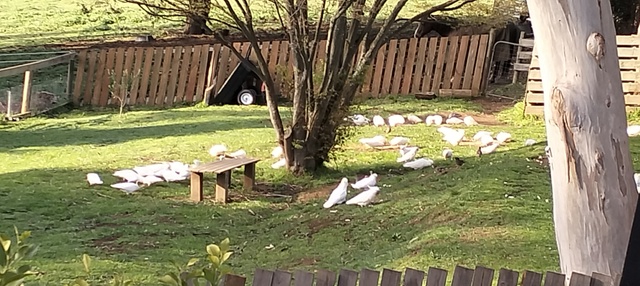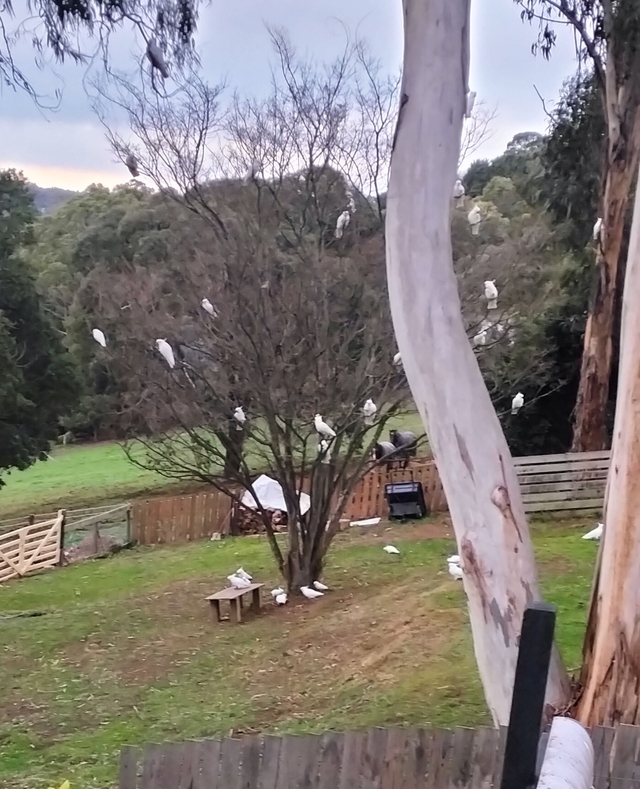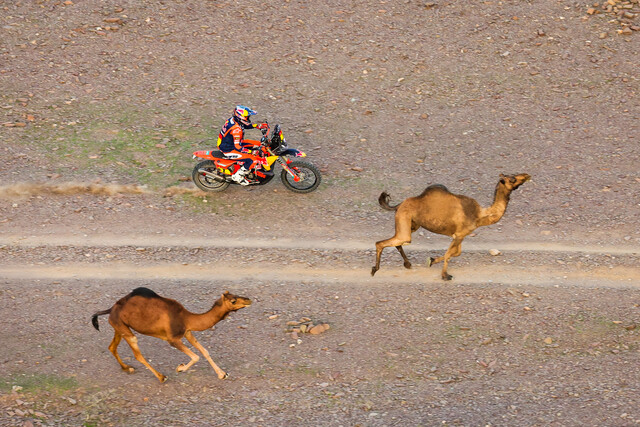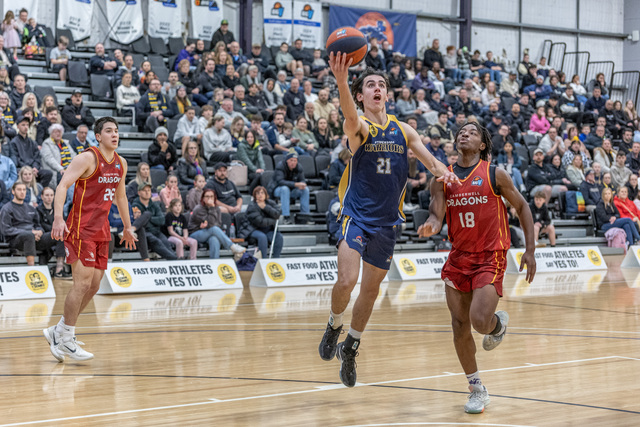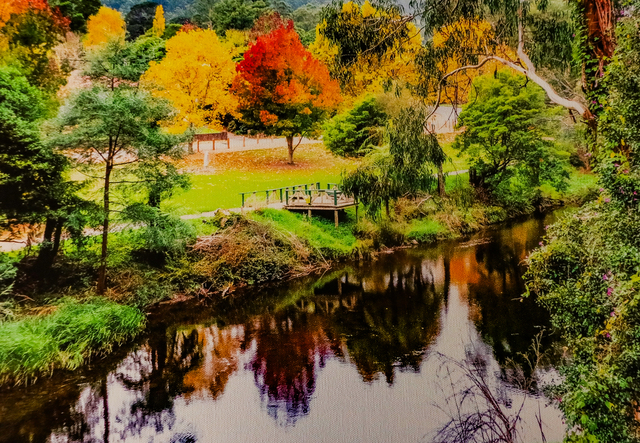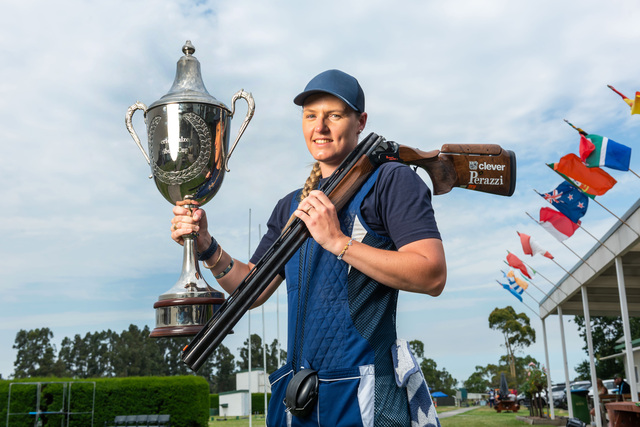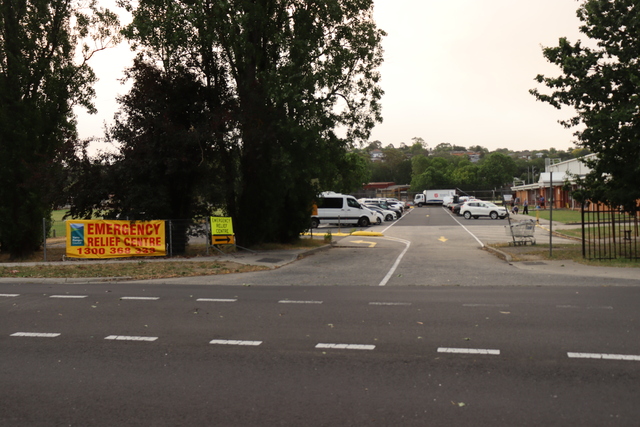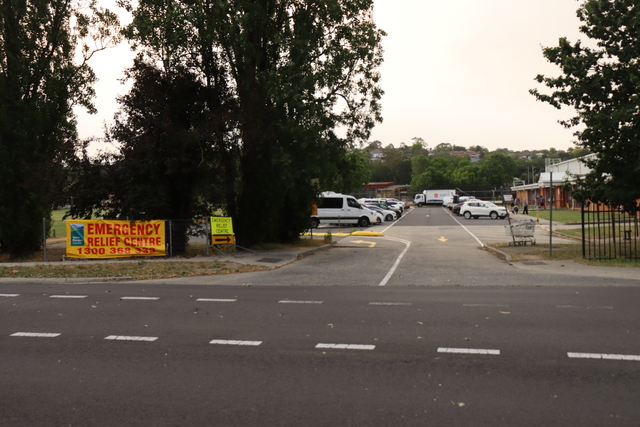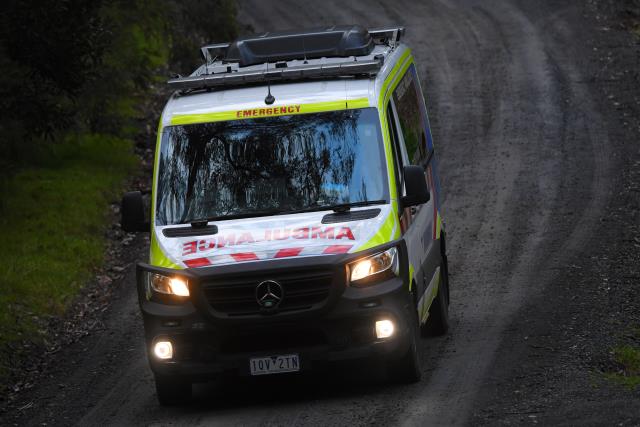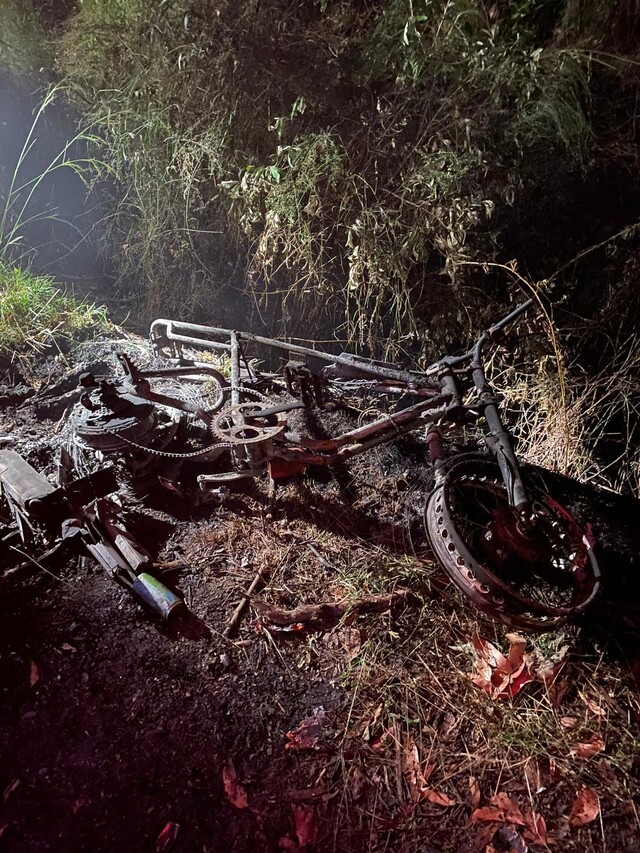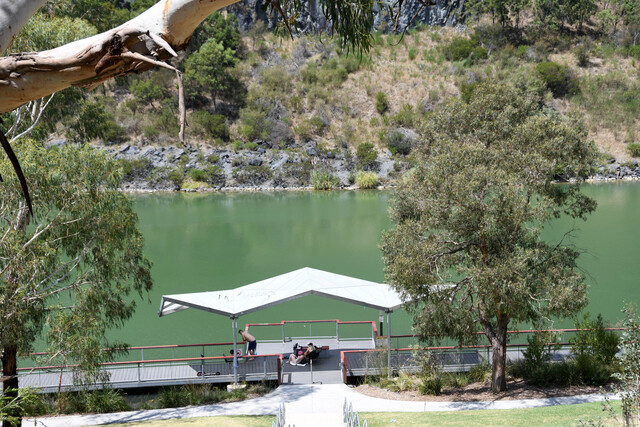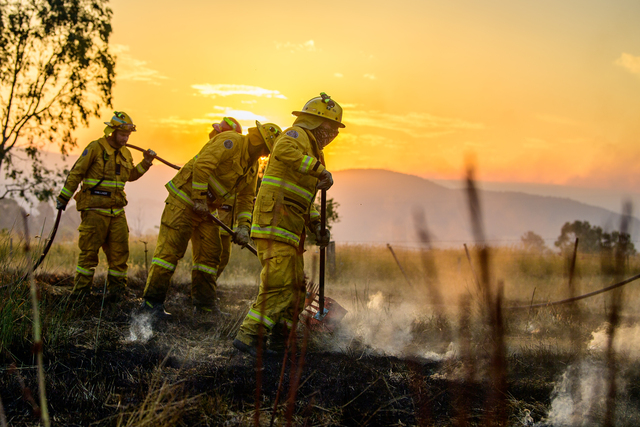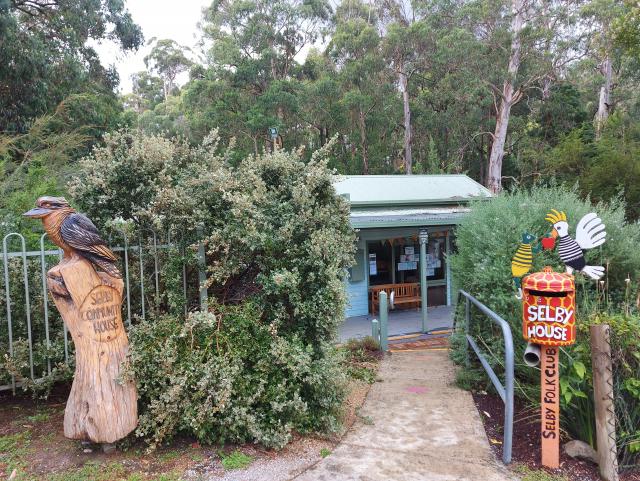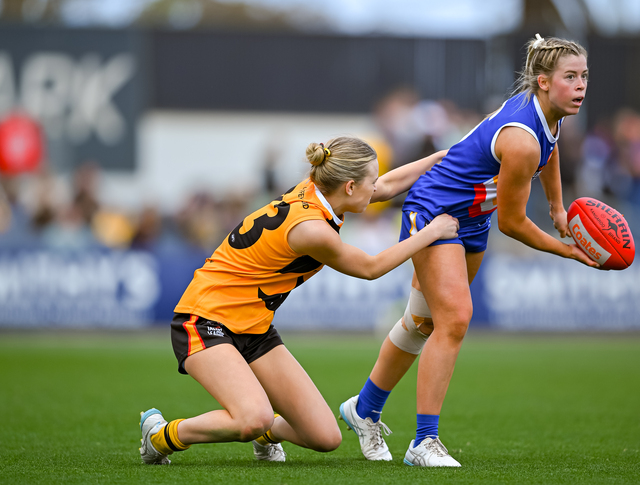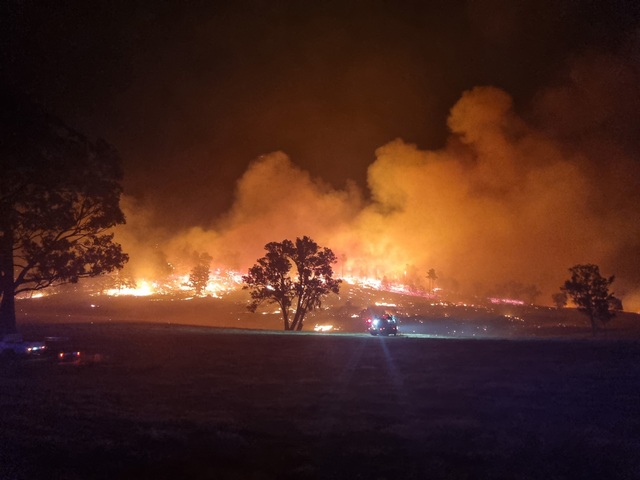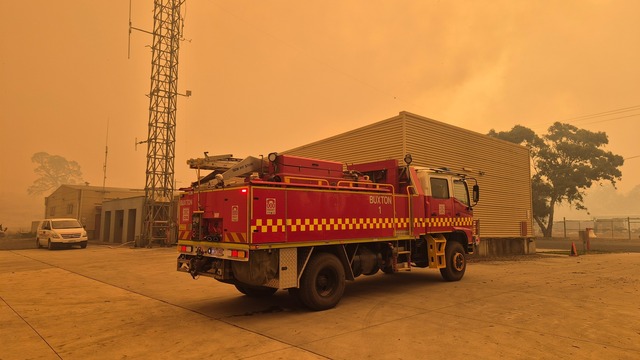Some residents in Emerald have reached out to Star Mail, raising their frustration over the lack of signage warning against feeding cockatoos in the area, a gap they say is causing damage to both their properties and the local bird ecosystem.
Sara Lewis, who has lived in Emerald since 2008, described the problem in detail.
She said flocks of cockatoos have become a regular sight, particularly during winter, largely because residents are feeding them.
“My next-door neighbour feeds up to 40 birds,” Ms Lewis said.
“They’re destroying a lot of the trees here, including heritage trees in Puffin Billy Park, they’re also damaging people’s houses, balconies, window sills, fruit trees, roofs, and solar pool heating.”
Ms Lewis said when the birds don’t get fed, they become aggressive and start taking chunks out of timber structures.
“We’ve had uprights on our balcony damaged and they can’t be replaced because they’re part of the structure. My elderly neighbours can’t do anything about the damage because they’re too old,” she said.
The Emerald resident said the cockatoos’ presence had increased noticeably over the years.
“Before, we used to get one or two rosellas feeding, but now it’s mostly cockatoos. They know the feeding times and wait around for it. It wasn’t like this before,” Ms Lewis said.
She also pointed out the contrast between Emerald and neighbouring suburbs where signage discourages bird feeding.
“There’s zero signage here telling people not to feed the cockatoos. Other areas in the Yarra Ranges Shire have plenty of signs explaining the harm feeding does. Even councils like Surf Coast have large signs saying feeding cockatoos is harmful, it makes them sick, spreads disease, and makes them aggressive,” she said.
Ms Lewis said the lack of signage in Emerald was puzzling, given the area’s proximity to places like Monbulk and Puffin Billy Park, which have measures in place.
“People feed birds at Emerald Lake Park, but there’s nothing telling them not to feed cockatoos or rosellas. Why would they want that building destroyed by birds?,” she said.
Beyond property damage, Ms Lewis expressed concern for the birds’ wellbeing.
“They’re destroying 100-year-old heritage trees, and feeding makes cockatoos dependent on humans instead of foraging naturally. It also spreads disease to other birds, including protected black cockatoos. Feeding them kills the birds in the long run.” she said.
Ms Lewis urged the local council to take action by installing signage and educating the community about the risks of feeding cockatoos.
“People need to know that feeding kills birds and causes damage that’s not covered by insurance. Natural selection is part of the process, if they can’t find food in winter, that’s nature, not something humans should interfere with.”
In response, Cardinia Shire Council general manager infrastructure and environment, James Kelly said the council was aware of community concerns.
“Council strongly discourages the feeding of native wildlife, including cockatoos. Birds that become dependent on human-provided food may lose their ability to forage naturally and suffer from poor nutrition. This can lead to health issues and behavioural changes,” Mr Kelly said.
He said regular feeding encourages large flocks in residential areas, causing noise, property damage, and disruption to natural behaviours.
“Cockatoos require regular chewing to maintain beak health. In urban environments, this natural behaviour can lead to damage to timber structures and garden vegetation, especially when access to natural food sources is reduced and artificial feeding encourages birds to congregate in residential areas,” he said.
Mr Kelly encouraged residents to respect native wildlife and avoid harmful feeding practices, directing them to the council’s Living with Native Wildlife page or to contact the council for further information.

